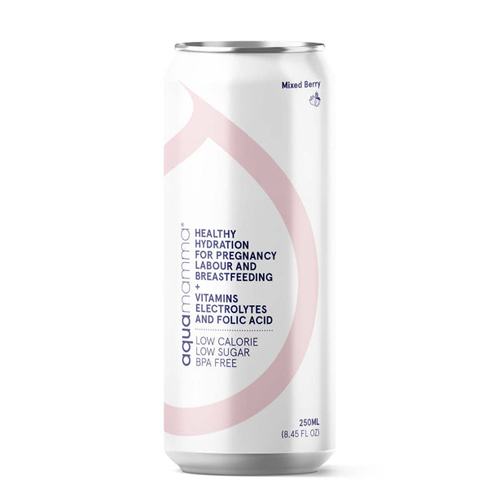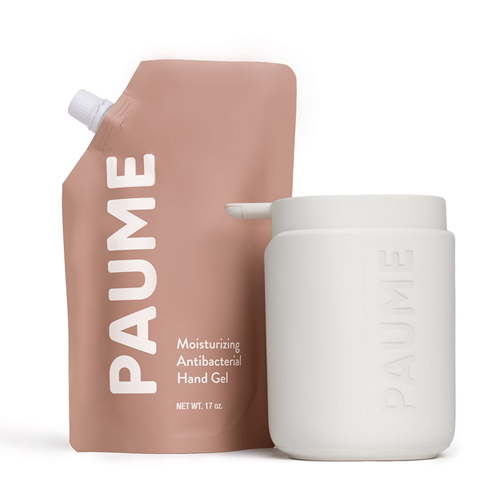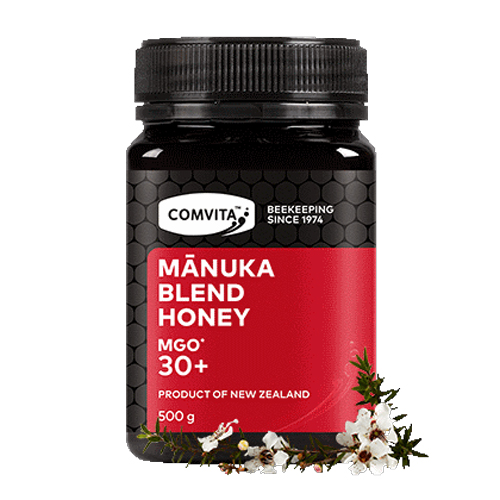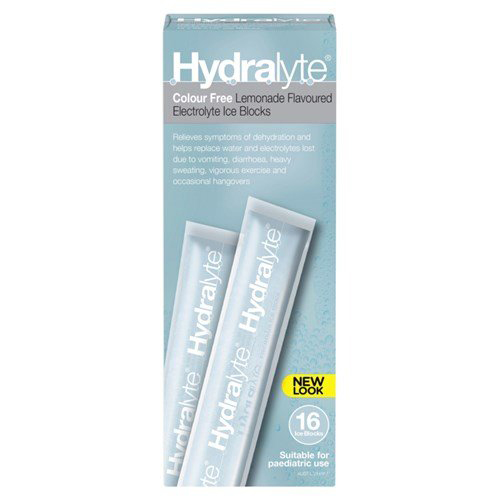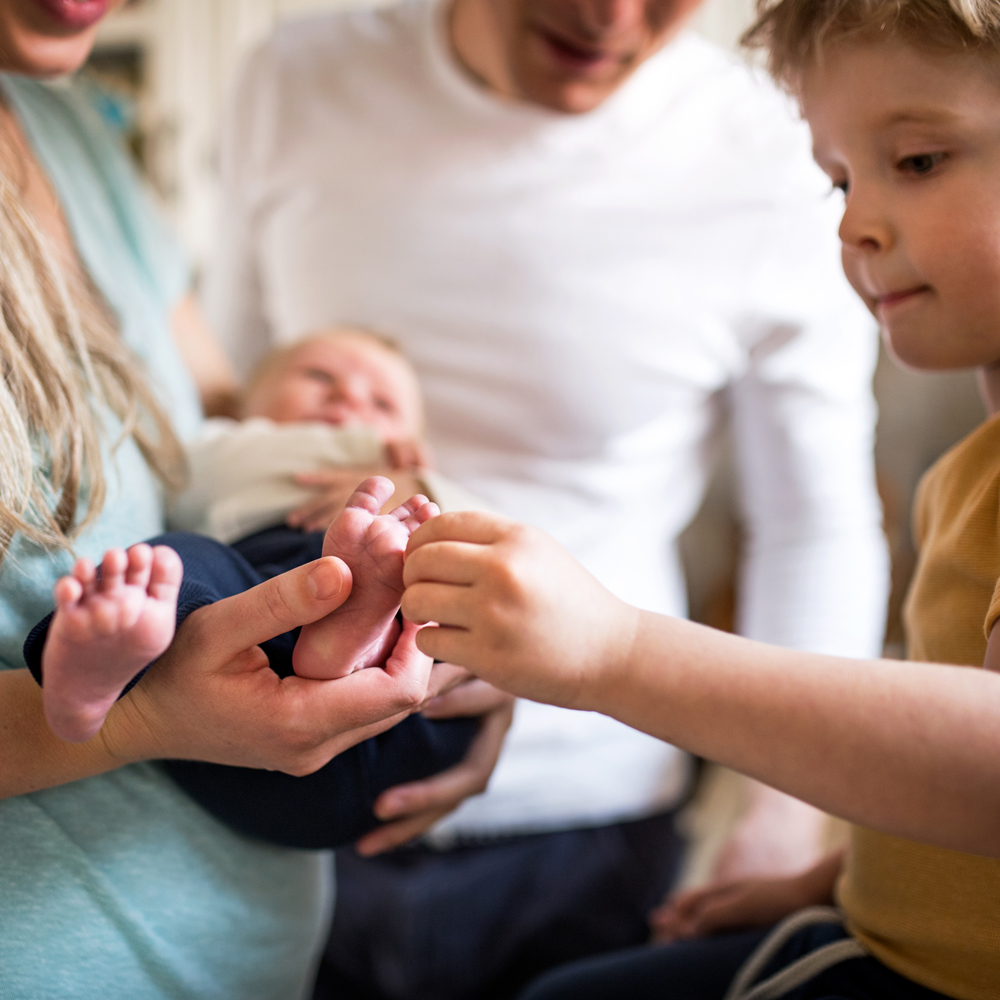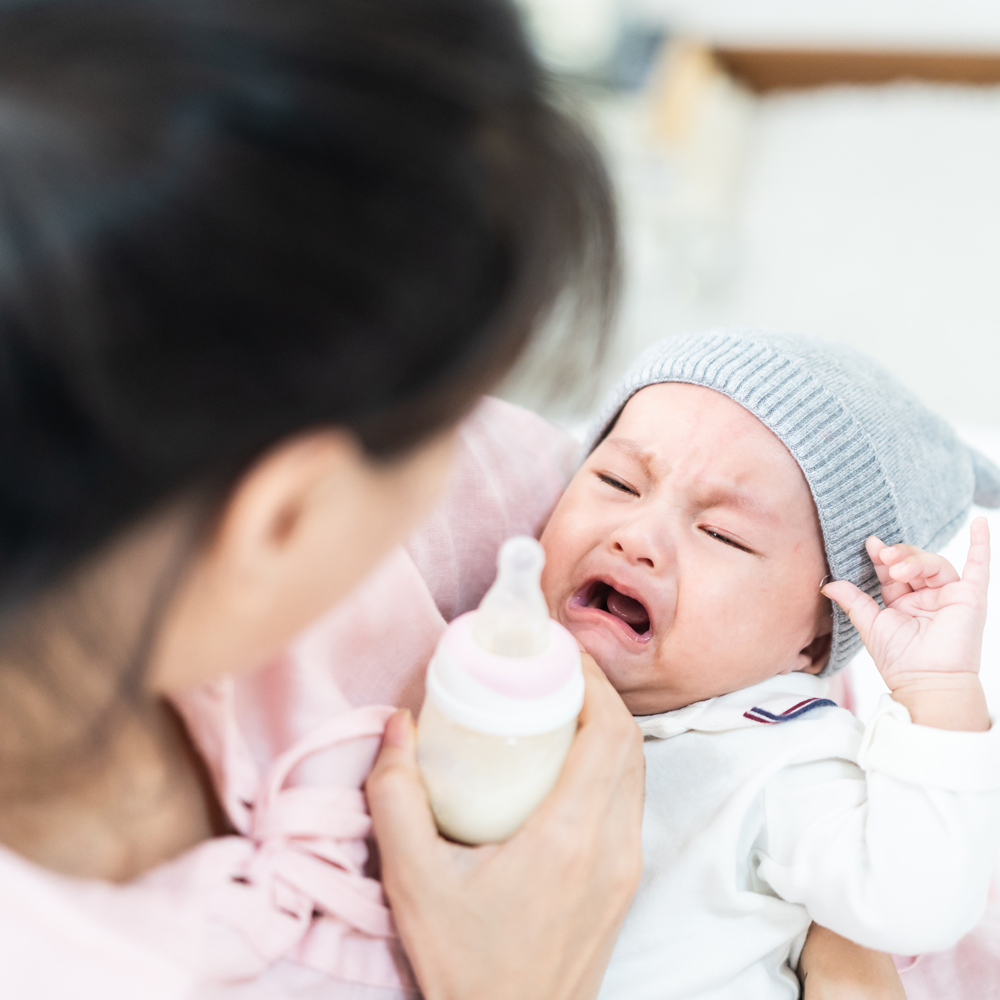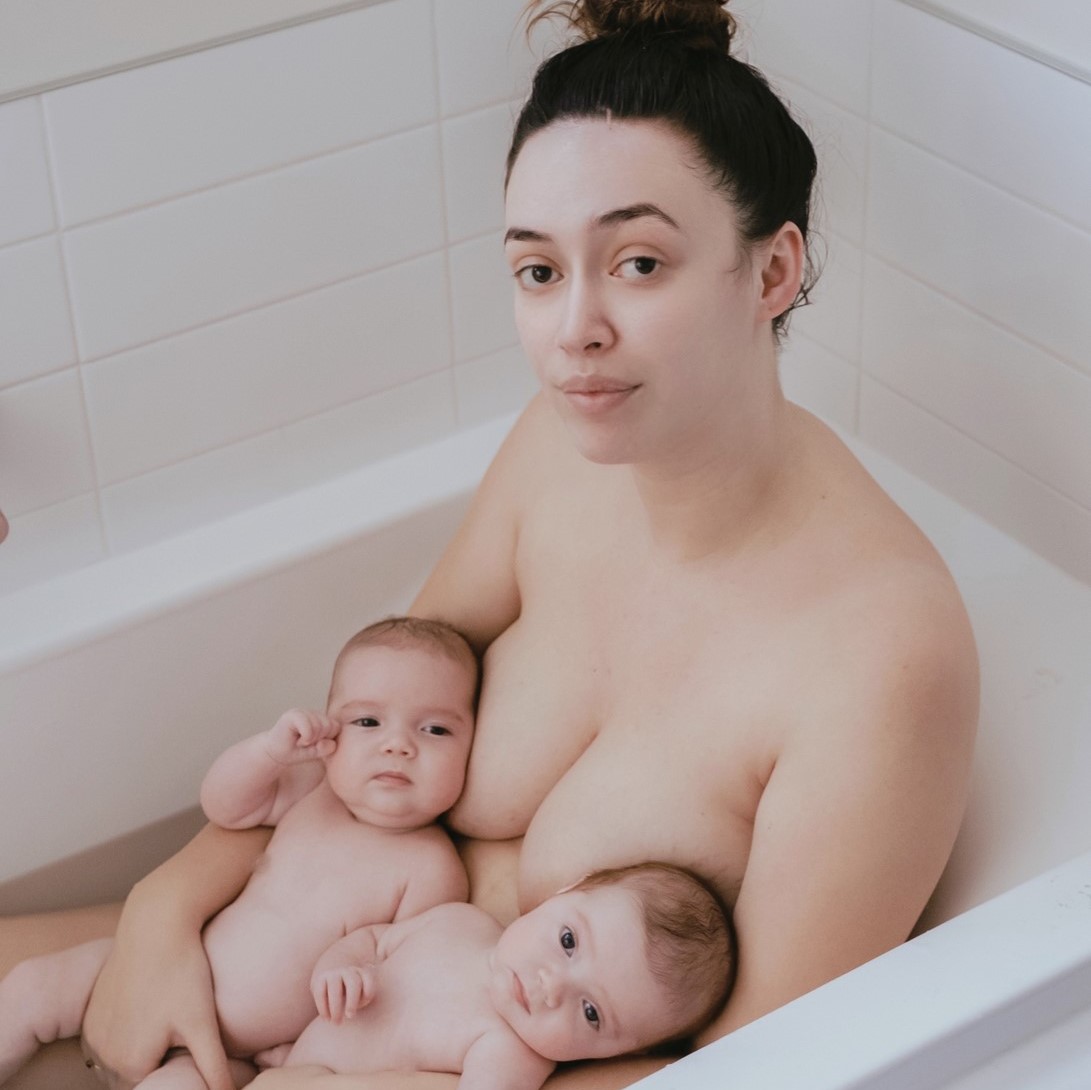Preparing for COVID-19 at Home as a Pregnant or Postpartum Māmā: Your COVID-19 Essential Checklist
Your comprehensive list of essentials to prepare in case you or someone in your whānau gets sick.
With the highly transmissible Omicron variant now circulating as the dominant strain of the COVID-19 virus in Aotearoa, cases are set to drastically increase in the coming weeks.
So, how can you best prepare in case you or a member of your household gets sick or has to isolate? Especially if you’re pregnant, due to give birth soon, or have a newborn baby?
General Wellness Kit
- Compile a list of essential whānau information, including your emergency contacts, everyone’s medical information (NHI numbers, medical conditions, medications they’re currently taking or may need), and numbers for your LMC, GP, local pharmacy, and help services.
- Face masks
- Hand sanitiser
- Thermometer
- Tissues
- Paracetamol/Pamol for baby
- Ibuprofen/Nurofen for children (note: ibuprofen should not be taken in pregnancy)
- Electrolytes
- Iceblocks
- Saline nasal spray/rinse
- Throat spray/lozenges (non-medicated if pregnant)
- Cough syrup (check with pharmacist if safe for pregnancy)
- Vapour rub
- Honey
If you’re pregnant
- Have enough of the pregnancy supplements you’re currently taking, like iodine and folic acid. Your LMC should be able to email you a script to fill at the pharmacy.
- You may wish to have a pulse oximeter in your general wellness kit to check your blood oxygen levels.
- Ensure you have everything you need for your hospital bag for labour and birth.
- Consider the maternity care guidelines for COVID-19 to understand how the various settings in the the COVID-19 Protection Framework (traffic lights) might affect your visits with your LMC.
If you have a newborn baby
- Your baby should stay home with you if you are sick or are required to self-isolate. Wash your hands before touching your baby and try to avoid touching their face.
- Have enough nappies and wipes for the duration of your isolation period.
- It is advised to continue breastfeeding during the COVID-19 pandemic. If you are a confirmed or probable case, you do not need to stop breastfeeding as there is no evidence of the virus being transmitted through breast milk, plus there are a myriad of benefits that come with breastfeeding – the Ministry of Health recommends wearing a surgical mask while breastfeeding to reduce the risk of spreading the virus while nursing.
- If you are formula feeding, have enough infant formula at home for the duration of your isolation period.
- If you are well enough, it’s a good idea to stock up your freezer with some frozen meals.
